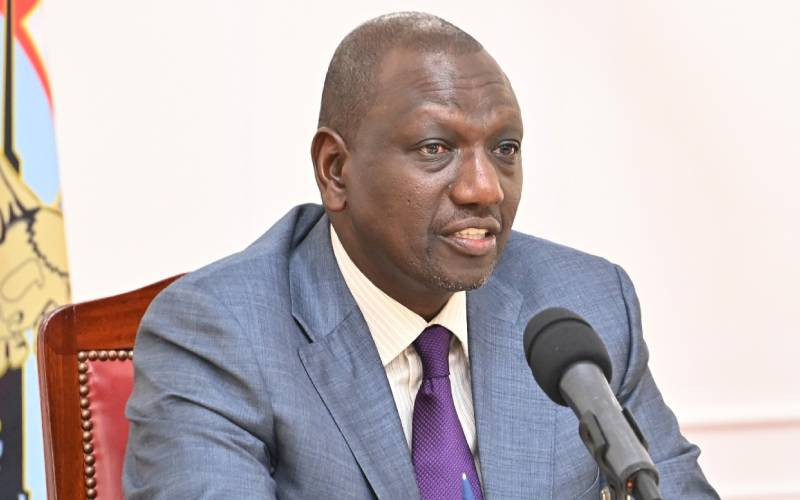
Thirteen days since William Ruto was declared PORK, many are still struggling to figure out what stuff he is made of.
Certainly, there was little to glean from his Cabinet picks other than that he went out of his way to reward loyalty. What stood out too is that President Ruto is keen to delegate, a good attribute according to management gurus: Only sure-footed bosses delegate.
Anything short of an economic miracle like the one in Brazil in the 2000s championed by President Luiz Inacio Lula da Silva or the famed Asian tigers in the 1970s/80s and he will be dead and buried by the time the next elections come around in 2027.
 The Standard Group Plc is a multi-media organization with investments in media
platforms spanning newspaper print
operations, television, radio broadcasting, digital and online services. The
Standard Group is recognized as a
leading multi-media house in Kenya with a key influence in matters of national
and international interest.
The Standard Group Plc is a multi-media organization with investments in media
platforms spanning newspaper print
operations, television, radio broadcasting, digital and online services. The
Standard Group is recognized as a
leading multi-media house in Kenya with a key influence in matters of national
and international interest.




